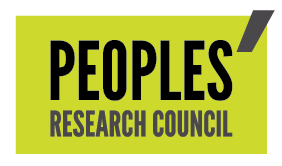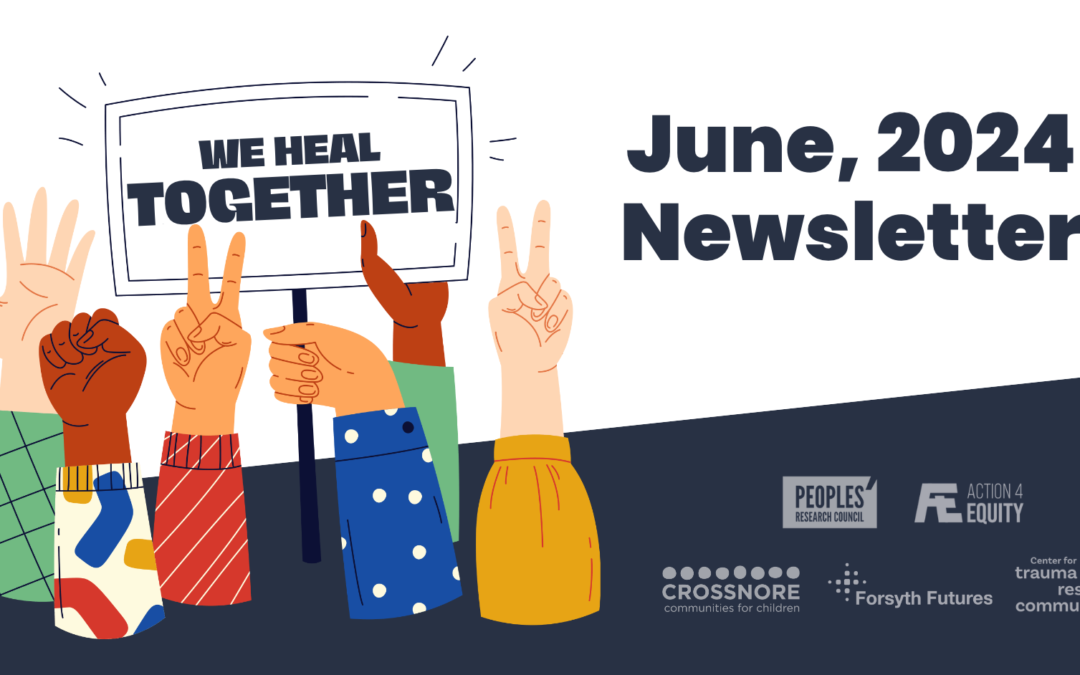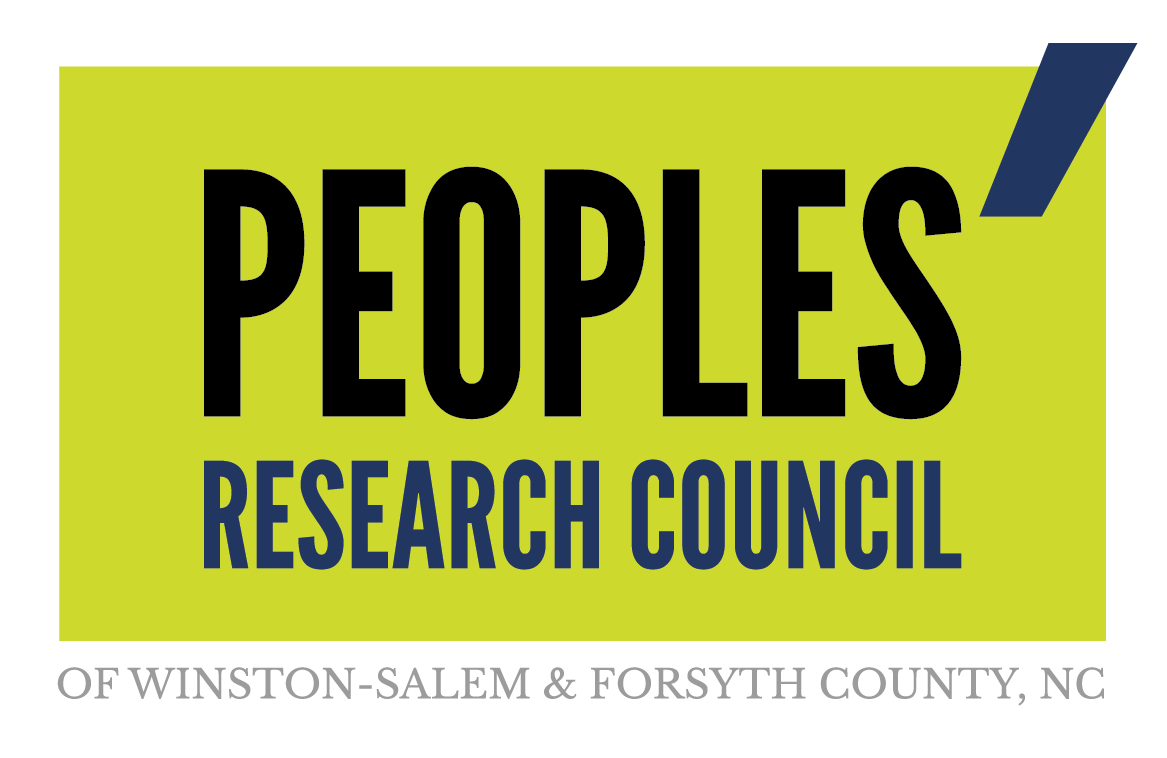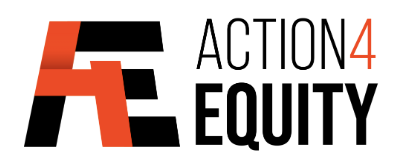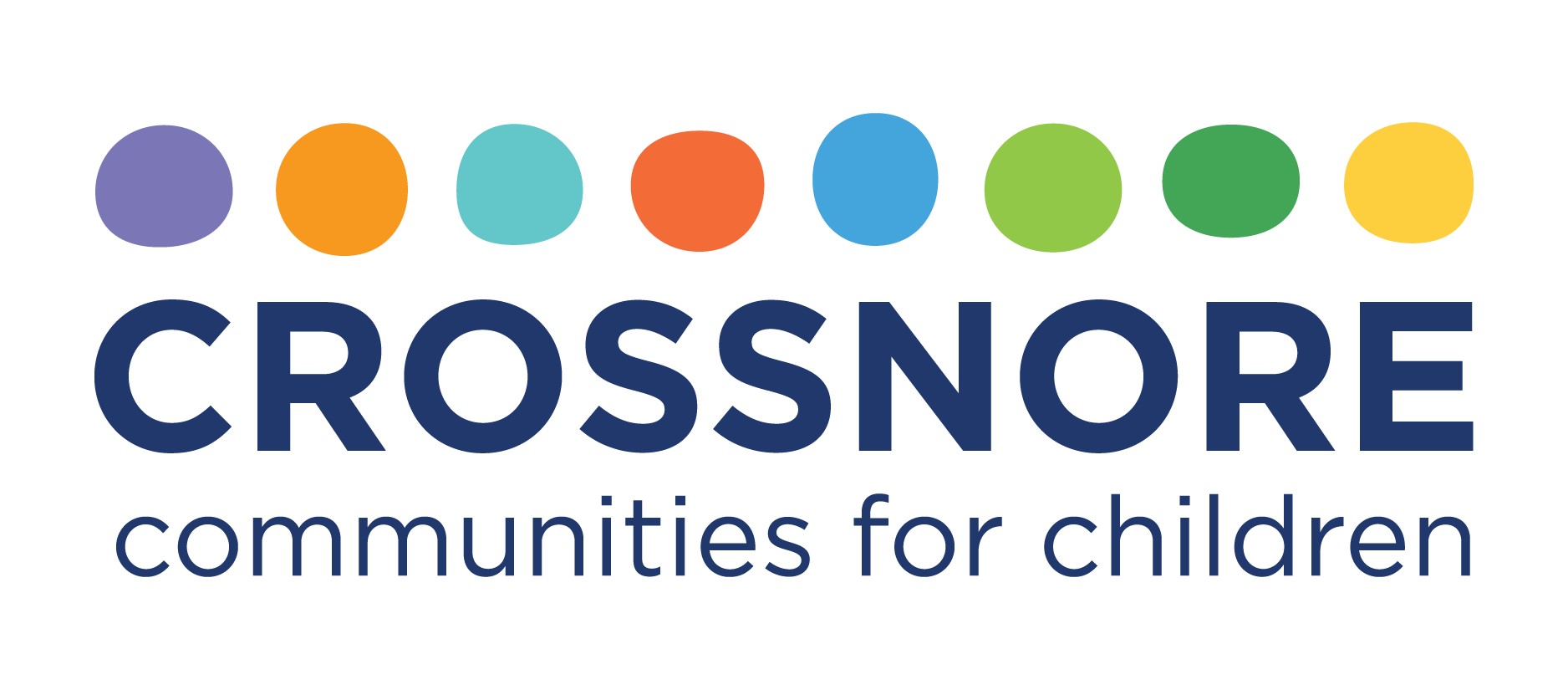What is the We Heal Together Initiative?
We Heal Together is a collaborative initiative, involving Action4Equity, Crossnore’s Center for Trauma Resilient Communities, and Forsyth Futures, that is funded by a $4M grant from the federal Substance Abuse and Mental Health Services Administration (SAMHSA) Resiliency in Communities After Stress and Trauma (ReCAST) program. The purpose of the grant is to address collective trauma, community violence, and civil unrest in a specific area (see the map below) of East Winston-Salem over four years. The initiative aims to support youth aged 12-17 and their families through trauma-informed trainings, intensive mentorship and advocacy support, and community-directed research activities.
Map of the We Heal Together Initiative Geography
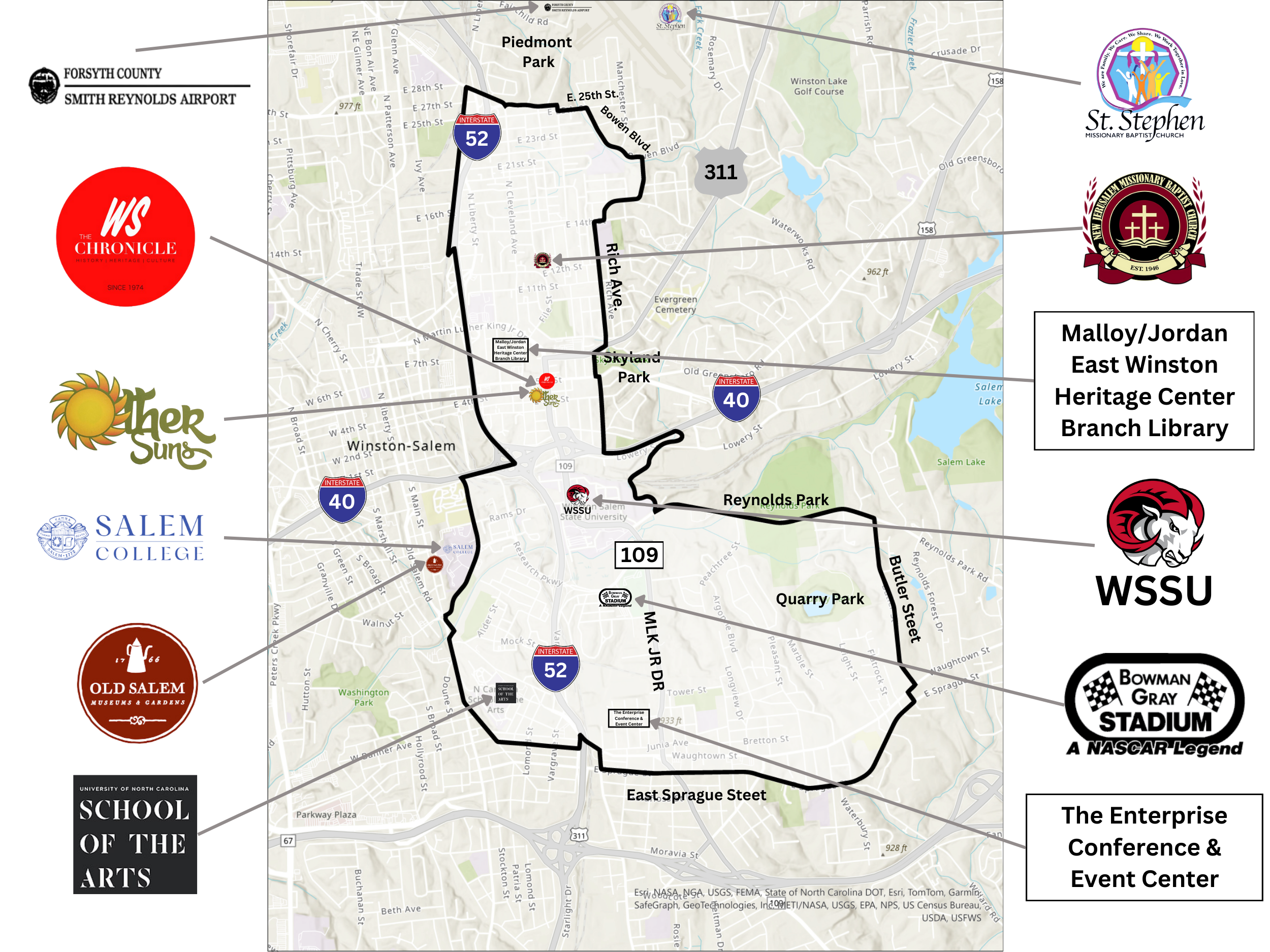
Winston-Salem is one of seven cities receiving funding for the We Heal Together initiative, with $4 million allocated over the next four years, focusing efforts in East Winston-Salem.
Shantae Graham, a leader with Action4Equity, highlights the pressing needs the initiative will address — “Far too often there are food deserts; there are lack of housing, lack of jobs, employment, education opportunities, financial literacy classes[1],” Graham said.
The goals of We Heal Together include boosting community-based research participation, enhancing youth engagement, reducing high-risk behaviors, and addressing families’ mental health needs.
Youth engagement is a key part of the program. Initiative director, Micha James, emphasizes that children experience many of the same struggles as adults and must be included in the conversation. “They are very aware, whether we think they are or not, they’re learning about it, they’re living it,” says James. “We cannot say this is an adult-only conversation[1].”
Community members of all ages are actively participating. Nakida McDaniel, Coalition Member of Our Opportunity to Love + Heal, expressed enthusiasm for the initiative, stating, “I’m just excited for this work to happen in this community; it’s long overdue. It’s a huge opportunity to transform our community[1].”
The We Heal Together Initiative is Operating in Partnership with the Peoples’ Research Council.
The Peoples’ Research Council (PRC) is a new and innovative research initiative in Forsyth County. Its mission is to unite institutional partners with community members to create meaningful and collaborative research projects. The PRC is currently in its pilot phase, with the We Heal Together initiative as its first project. Action4Equity and Forsyth Futures are the backbone agencies of the PRC, supported by a grant from the Kate B. Reynolds Charitable Trust.
The Peoples’ Research Council Vision
The PRC aims to transform the research culture in Forsyth County by fostering solidarity, raising awareness of systemic disenfranchisement, and empowering community-driven change. Through community-based methodologies, we strive to:
- Prevent harmful research practices.
- Expand the influence of marginalized communities in research.
- Align research with actions that improve the material conditions of people’s lives.
Why Transforming Research Culture Matters
Every year, millions are invested in local research in Forsyth County, addressing issues like housing, education, food access, and beyond. However, this research often overlooks the crucial step of involving the community from the start. The PRC aspires to change this by ensuring that research begins with the community, values their experiences, and invites them to co-lead the process.
Historically, research has often been conducted in ways that harm marginalized communities, especially Black and Brown populations. Unethical research can exploit participants, disregard their privacy, and fail to benefit the community. The PRC is dedicated to preventing these harmful practices by involving the community throughout the research process.
Empowering Change
The PRC is about more than just research; it’s about advocacy and action. By centering the community in our work, we align research with advocacy and take direction from the community on how to achieve meaningful change. Our goal is to improve peoples’ lives and create a more liberated community with greater autonomy over the issues that impact their lives the most.
Join Us: We recognize that building this new research infrastructure involves challenges and learning opportunities. We ask for your support and patience as we navigate this journey together. Our collective aim is to create a community where research not only understands but also uplifts and empowers.
Led and Directed by the Communities We Serve
The We Heal Together initiative is putting the community at the heart of everything it does:
First, we have the Community Advisory Board (CAB). This group, aligned with the community participatory framework of the Peoples’ Research Council, is made up of local residents from East Winston-Salem, who bring their personal experiences to the table. Their role is to guide and advise on key decisions throughout the four-year grant. The CAB includes diverse voices directly from the community, ensuring their insights shape the project’s direction. Local groups and institutions are also invited to join the CAB in a supportive role, offering their expertise on local systems, policies, and funding. The CAB meets regularly to steer the project and ensure it stays on track with the community’s needs.
CAB Community Advisors
- Michael Banner
- Bianca Renee Fentress
- Derrick Pender
- Maryali Garcia Zarate
- Renai Wisley
Opportunity Highlight:
We are currently recruiting for two additional Hispanic/Latinx community members to sit on the CAB — with the requirement that they live within the project geography. If you, or someone you know, are interested in this paid opportunity, please email info@peoplesresearchcouncil.org.
Invited Groups & Institutions
- Triad Restorative Justice
- Parenting PATH
- Forsyth County
- Habitat for Humanity
- Crosby Scholars
- BEAR Unit
- Winston-Salem/Forsyth County Schools
- Atrium Baptist
- Union Baptist Church
- Goodwill
- City of Winston-Salem
- Winston-Salem Police Department
- City with Dwellings
- Forsyth County Health Department
- WS RISE
- Partnership4Prosperity
- Island Culturz
- Other Suns
- Action4Equity
- Our Opportunity to Love + Heal
- Nourishing Forsyth
Second, community-based research forms the initiative’s foundation. This research, carried out in the first months of the work, is designed to capture the perspectives, desires, and experiences of East Winston-Salem residents. Through intensive engagement and data collection, we created a Community Needs Resource Assessment (CNRA) and a Community Strategic Plan (CSP). These documents are crafted using community-engaged methods, ensuring they reflect the voices of people who live in East Winston-Salem. The CNRA and CSP will guide the initiative for the entire four-year term, keeping the community’s priorities at the forefront.
By combining the insights of the CAB and the foundational research, We Heal Together ensures that the community not only participates but leads and directs the initiative every step of the way.
Our Progress So Far…
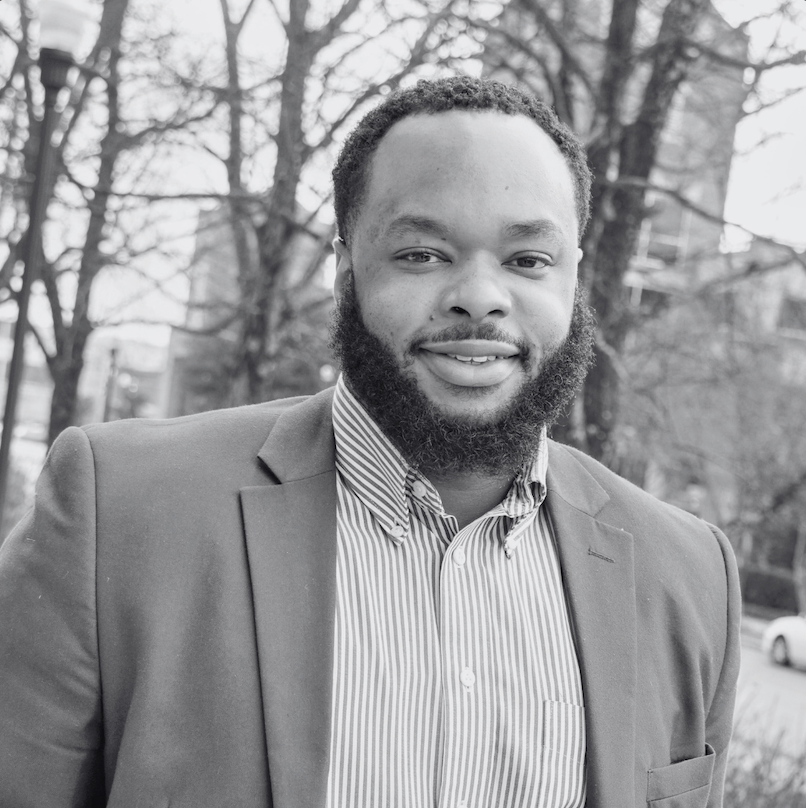
“As the staff data manager for We Heal Together, a $4 million grant investment in East Winston-Salem, our approach focuses on community-engaged methods to ensure data collection, including focus groups and dot surveys, truly reflect the voices of those affected by community violence and trauma. By creating a Community Needs and Resource Assessment and a Community Strategic Plan, we put the community’s priorities at the forefront of grant activities and investments. Our research approach is culturally responsive and uplifting, with youth focus groups designed to engage young people on their terms. This method highlights the importance of community voices in driving the grant process, showing how data and research can lead to positive change when they deeply engage the communities they aim to benefit.”
— Chinameze ‘Kelsey’ Okoro, We Heal Together Research Manager
The We Heal Together initiative’s Community Advisory Board (CAB) guided a community-based research process involving several focus groups to produce a Community Needs and Resource Assessment (CNRA), reflecting the community’s perspectives on assets and needs.
The CNRA analysis, with critical oversight by the CAB, identifies major risk factors for community violence, including housing, health and safety, civic engagement, education, food insecurity, and other factors. Researchers gathered additional data through dot surveys, where community members ranked the importance of these risk factors as well as potential solutions.
The collected information is compiled into a Community Strategic Plan, serving as a roadmap for improving community conditions related to violence and collective trauma in East Winston-Salem. This plan will serve as a roadmap for the We Heal Together initiative and the CAB’s activities and efforts throughout the four-year initiative and beyond.
By combining the insights of the CAB and the foundational research, We Heal Together ensures that the community not only participates but leads and directs the initiative every step of the way.
Envisioning a Liberated Community Where Everyone Can Thrive Together.
The selection of Winston-Salem and Forsyth County to receive this grant from the federal Substance Abuse and Mental Health Services Administration (SAMHSA) is an incredible, transformational opportunity. The project partners, working closely with the Community Advisory Board (CAB), are committed to ensuring the impact of this investment extends well beyond the grant’s geographic area and its four-year duration. Our broad partnership of stewards is dedicated to connecting this work to existing community efforts that have been years in the making, as well as aligning with emerging federal frameworks and best practices. This approach will ensure our efforts effectively improve lives and position Winston-Salem and Forsyth County for success in receiving future federal funds.
Thriving Together is an initiative designed to transform communities so that everyone can reach their full potential.
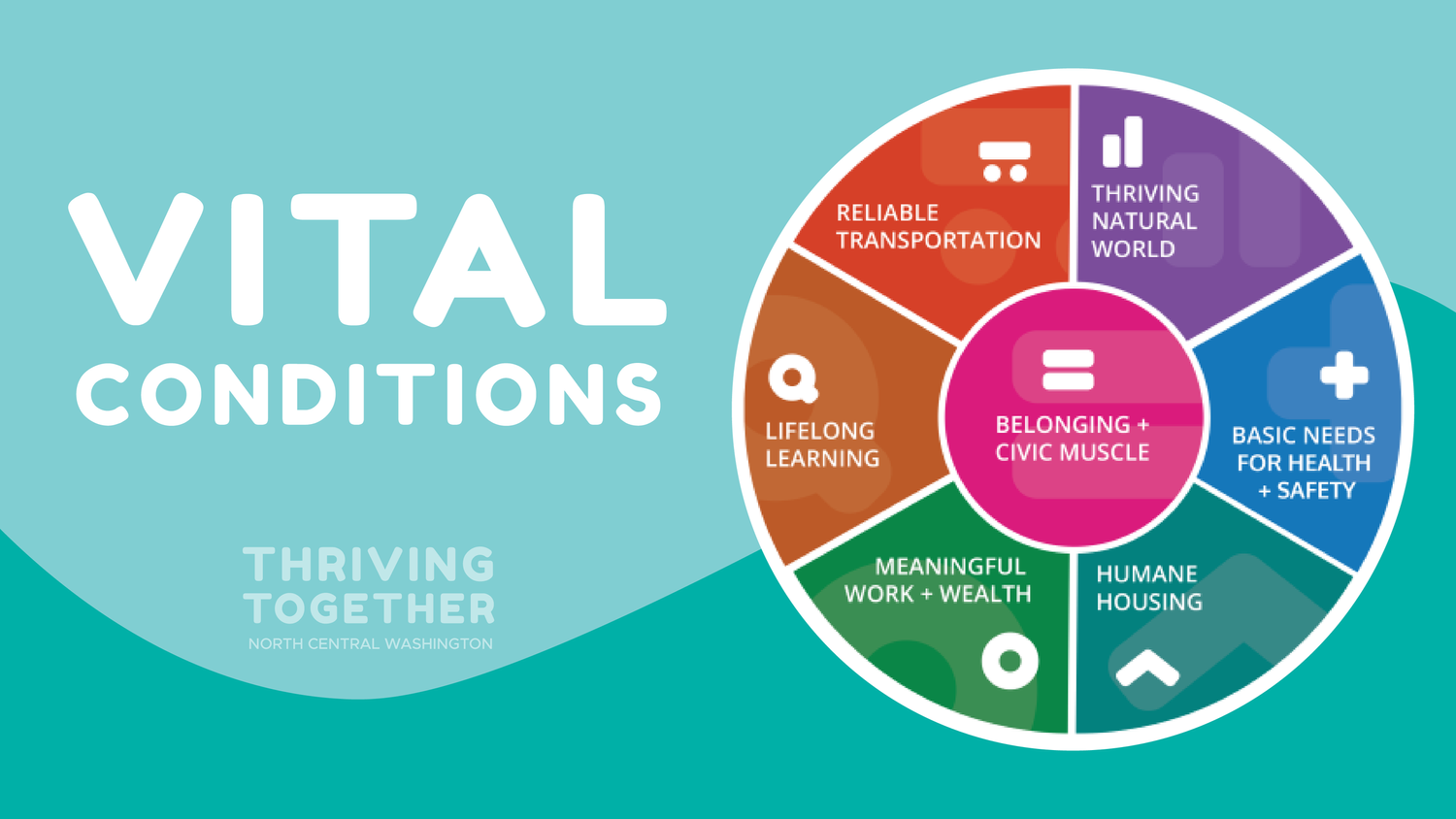
Originating from the crises of 2020, this initiative measures well-being and resilience through the concept of “thriving.” This involves not only personal experiences but also ensuring access to essential conditions like clean air, fair pay, humane housing, and routine health care. These vital conditions form the foundation for long-term well-being and equitable recovery.
Urgent services provide immediate relief but cannot replace the need for these vital conditions. By increasing access to these essentials, Thriving Together aims to reduce suffering and help more people thrive.
Developed through a national, collaborative effort involving over 100 organizations and individuals, Thriving Together is a joint effort coordinated by the Centers for Disease Control and Prevention Foundation, and the Well Being Trust. This framework unites leaders, communities, and organizations to promote equitable well-being, ensuring every person and place can thrive.

“Our Latino community has spoken and voiced how significant it is to prioritize mental health. Healing is an act of resistance that sets the foundation of our community’s strength, resilience, and identity as they break down the stigma associated with seeking help. Self-care is a revolutionary act and our Latino community is embracing it.”
— Magdalena Zarate, Action4Equity Lead Community Researcher Full Circle Mentoring, Advocate – Mentor
By focusing on vital conditions, the Thriving Together framework seeks to reduce the need for urgent services and address the root causes of adversity, leading to sustainable and equitable community development.
For more details, you can explore resources from the Build Healthy Places Network and Thriving US.
Connecting the Learning of Our Past to the Promise of Our Future.
For more than a decade, local groups and individuals in Winston-Salem and Forsyth County have worked tirelessly to address the community’s most pressing issues. These challenges, which include poverty, housing instability, food insecurity, transportation barriers, and health disparities — among many others — are complex, interconnected, and impossible for any single entity to solve alone.
Past collaborative efforts have worked diligently to impact these conditions, and this work has provided valuable lessons and insights for future adaptations. Efforts such as the 2015 World Cafes of the Mayor’s Poverty Thought Force, and collective impact initiatives like The Forsyth Promise, Great Expectations, and Imagine Forsyth, among others, have seen real accomplishments and they’ve been instrumental in highlighting the importance of aligning and connecting critical collaborative work. Further, they emphasize the need for grassroots community co-leadership and adequate resources to sustain this intensive work.
By learning from these past efforts, and building on what they were able to achieve, the community is better positioned to tackle these issues comprehensively and effectively.

Left: a photograph taken during a 2015 World Café event hosted by the Mayor’s Poverty Thought Force.
We are collectively arriving at a watershed moment for transformational change in Winston-Salem and Forsyth County in 2024.
Community-led platforms are forming strong collaborative partnerships, elevating community consciousness, and building people power in unprecedented ways. Initiatives like We Heal Together, the Peoples’ Research Council, Our Opportunity to Love + Heal, Nourishing Forsyth, Island Culturz, Partnership4Prosperity, WS RISE, My Brother’s Keeper, and others are seizing this moment to build on past work, introduce community participatory approaches, and align with the emerging Thriving Together framework. Together, this coalition aims to create a robust and comprehensive community strategic plan in which everyone can see themselves. There is a broad recognition of the need to work in solidarity to achieve the shared vision of a more liberated community that can truly thrive together.
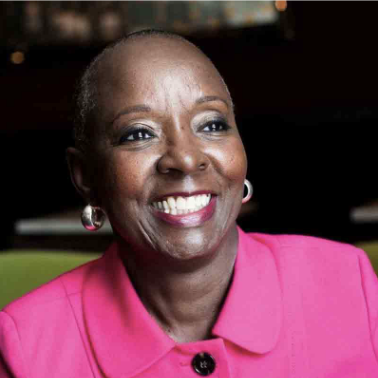
“As Mayor Pro Tempore of Winston-Salem, I’ve seen firsthand the deep impacts of community violence and collective trauma. The pain and challenges our residents face are real and significant. But what’s inspiring is the way our community is coming together to build a strategic plan that reflects the voices and desires of our people. This effort isn’t starting from scratch—it’s rooted in over a decade of hard work and dedication by many groups and individuals who care deeply about our future. Our goal is to create a plan that’s not only effective but also driven by what the community wants to see for itself. Together, we are building on a solid foundation, ensuring that our strategies for healing and growth are both comprehensive and sustainable. This collaboration is a testament to our resilience and our commitment to a brighter, safer future for the East Ward of Winston-Salem and for our entire community as a whole.”
— DD (Denise) Adams, Mayor Pro Tempore of the City of Winston-Salem
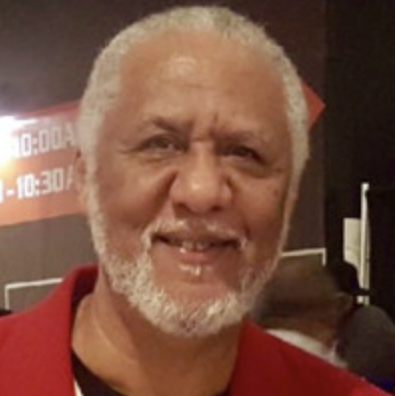
“At Winston-Salem RISE, our vision is a just community where everyone has full access to opportunities and prosperity. As a Black-led organization, we are dedicated to partnering with community-led initiatives to eradicate racial disparities for Black and Brown people. Our mission is to remove barriers and increase equitable outcomes in key areas like criminal justice, education, economic development, food sovereignty, health, wellness, and housing.
We believe in the power of collaboration. By working with other organizations and individuals in Winston-Salem and Forsyth County, we aim to create a lasting transformation that ensures all citizens are equitably served in their communities. To support this, we’ve developed the Neighborhood Opportunity Index (NOI) with our partner, the Polis Institute. This tool helps identify inequities at a neighborhood level and guides our engagement strategy.
We also engage directly with the community. Our trained Community Resource Advocates conduct surveys with households to gather insights into safety-net issues. This approach ensures that the data we collect is both meaningful and respectful. Quote continued on the next page…
Aligning our work with a collaborative Community Strategic Plan allows us to harness the collective strength of like-minded groups, fostering real and lasting change in our community.”
— Chuck Byrd, WS RISE Project Team Leader
Explore the Neighborhood Opportunity Index and learn more at wsrise.org/noi
Where do we go from here in the journey to heal and thrive together?
As the We Heal Together initiative moves into the implementation phase of the community strategic plan, several key activities will take place. Peoples’ Research Council participants, Community Advisory Board (CAB) members, and residents of the We Heal Together project geography will engage in community asset mapping through a participatory process to assess the community’s capacity to provide and sustain the activities listed in the community strategic plan. The initiative will also evaluate the current impact, sustainability, needs, and resources of grassroots organizations within the community.
The Peoples’ Research Council will develop and implement culturally responsive affinity groups and spaces for sharing experiences, providing support, and receiving feedback based on lived experiences. Culturally relevant education and training will be offered to specific groups, along with ongoing sessions for PRC members, community members, and service providers to promote a shared understanding of trauma-informed services.
Training and educational opportunities will cover areas such as community organizing, asset-based community development, restorative practices, wellness and recovery, mentoring and peer support, cognitive behavioral therapy, conflict resolution and de-escalation, violence intervention and interruption, and advocacy. The initiative will establish neighborhood-specific study circles to educate community members on the social determinants of health and the Thriving Together seven vital conditions, enabling them to educate, organize, and advocate at city, county, state, and federal levels.
Community summits and other gatherings will provide opportunities for community members to share their lived experiences, participate in educational sessions, and engage in advocacy and awareness training. This comprehensive approach aims to foster a more empowered and resilient community.
If you have questions about the community strategic plan, contact Kelsey Okoro at chinaemeze@forsythfutures.org.

“At WISE Consulting, we’ve been deeply involved in connecting and aligning the Community Strategic Plan emerging from the We Heal Together initiative with the broader community planning efforts that have been happening in Winston-Salem for the past decade,” says Marquita Wisley, principal of WISE Consulting and Project Manager for the Community Strategic Planning process. “This alignment is critical to ensure that our community can fully leverage the $4 million investment from SAMHSA for maximum, sustained impact. By integrating our work with existing community efforts, we aim to create lasting, transformative change not just for the next four years, but for decades to come. Our ultimate goal is to build a more liberated community with greater agency and self-determination over the issues that most impact our lives.”
— Marquita Wisley, Principal, WISE Consulting
Quotation Sources
[1] Kendall, K. (2024, March 7). We Heal Together initiative begins in Winston-Salem. WXII News 12. https://www.wxii12.com/article/we-heal-together-initiative-begins-in-winston-salem/60132476
